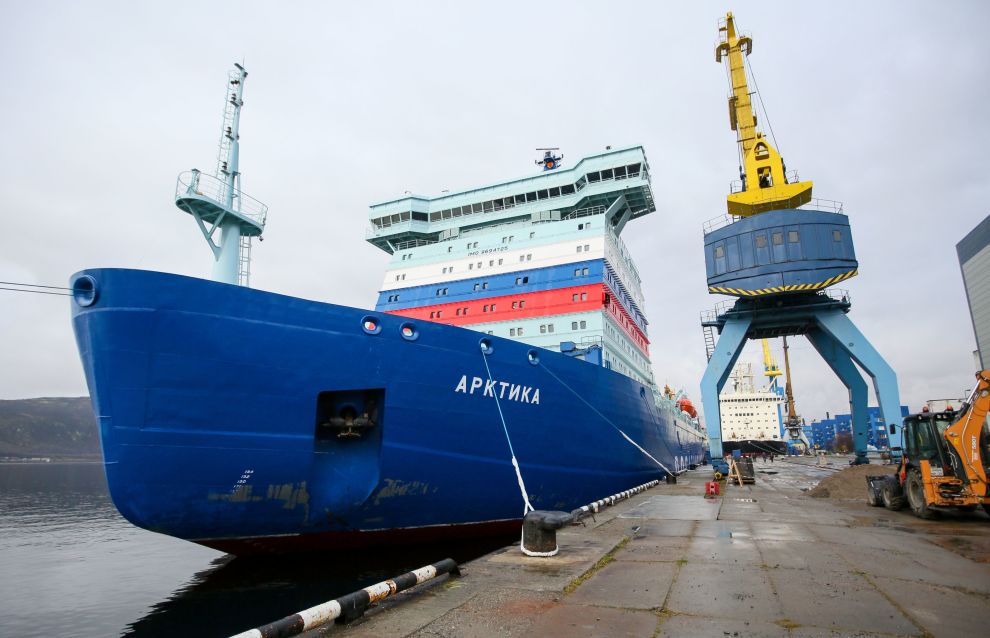Ministry for the Development of the Russian Far East and Arctic: About 55 ice-class vessels need to be built in Russia
At least 55 ice-class cargo ships need to be built in Russia by 2030.
According to Anatoly Bobrakov, the Russian Deputy Minister for the Development of the Far East and Arctic, Northern Sea Route development will serve as a driver for new ship building and maintenance in Russia.
“According to our estimates, we will need to build at least 55 ice-class freighter and tanker ships by 2030. Of course, the fleet will also need support vessels such as icebreakers and rescue ships,” Bobrakov said.
He noted that Northern Sea Route development would serve as a driver in developing the shipbuilding industry, including maintenance and repairs, in Russia. Cargo volumes on the NSR will reach 80 million tons by 2024 and at least 150 million tons by 2030.
“This is a technical task for all related industries, including shipbuilding and ship repairs and maintenance,” he said.
“We estimated how much this will cost and what it will provide for the economies of both Russia and the Arctic regions specifically. This will mean 35 trillion rubles in GDP growth through 2035, 13 trillion in federal budget revenue, and the transportation of goods worth at least $100 billion. Today we are talking about the Northern Sea Route and Russia’s pivot to the East, but this pivot will primarily take place through the North. This project <...> is a driver for the development of the entire economy of the Russian Federation today,” the Deputy Minister said.
Bobrakov explained that the industry faces certain challenges right now, including the depreciation of fixed assets and significant import dependence. The possibility of abolishing VAT on ship repairs also being discussed.
“Certain vessels have up to 80 percent foreign components. There are three potential ways to resolve this: We can do it ourselves, we can buy from friendly countries, and we can reverse engineer these components and manufacture everything we are now importing. I am an ardent apologist for the first and third options,” Bobrakov said.
